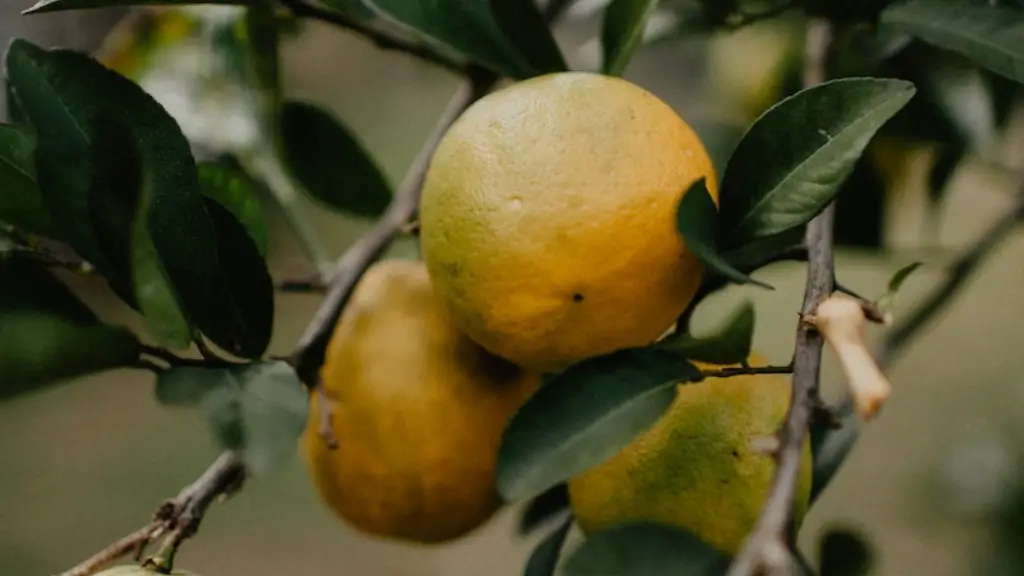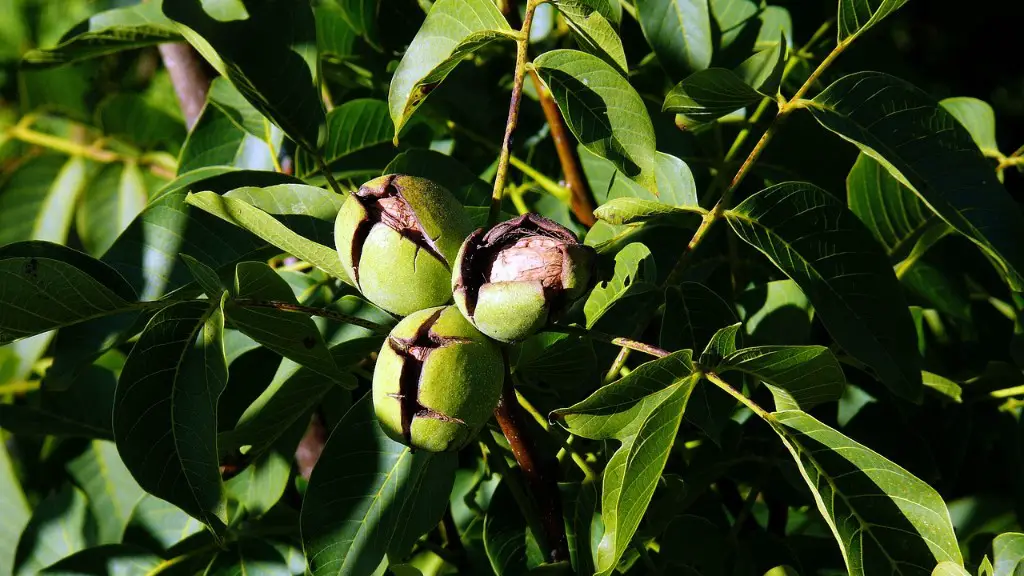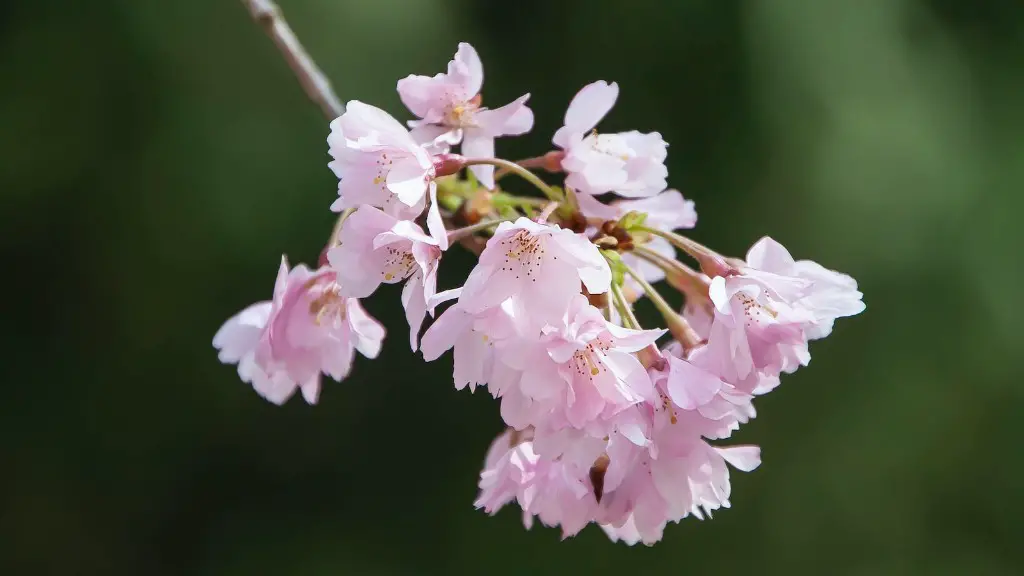Whether you are a seasoned gardener or a novice, growing a dwarf lemon tree is a rewarding endeavor. Taking a few simple steps can help you create a successful growing environment for your tree. First, the right soil, sunshine and water are essential in producing a healthy, productive tree. Knowing how to provide the tree with optimal growing conditions will ensure that you are able to reap a bumper crop of lemons.
When planting a dwarf lemon tree, it is important to select the right variety. Dwarf trees tend to produce lemons that are smaller than regular-sized lemons, so it is important to choose one that produces full-sized fruits. Most dwarf trees are not self-pollinating, so it is important to plant two of the same variety in order to maximize fruit production.
The soil should be well-draining, with a pH of 6-7. Adding some compost to the soil can help to improve drainage and nutrient levels. Additionally, you should position the tree in an area that receives at least six hours of direct sunlight a day, as this will allow the tree to produce the most amount of lemons. Just be sure to provide the tree with enough shade if your area experiences very hot summers.
Watering your dwarf lemon tree is also important. The soil should remain consistently moist, but not soggy. It is usually best to water the tree deeply once per week. Make sure to avoid over-watering, as this can cause the roots to rot.
Fertilizing your dwarf lemon tree is also necessary in order to ensure a good yield. Look for an organic-based fertilizer that is specifically designed for citrus trees. After applying the fertilizer, be sure to water it in. Be sure to avoid over-fertilizing your tree, as this can lead to reduced fruit yields.
Finally, pruning your dwarf lemon tree is essential in order to maintain health and productivity. Prune your tree in early spring, before the growing season begins. Prune away any dead or diseased branches and any branches that are growing too closely together. Prune back any overgrown branches and cut back the sides of the tree slightly. Doing so will allow the tree to receive more sunlight and promote growth.
Dormancy Periods
During the late fall and winter seasons, your dwarf lemon tree will go through a dormancy period. During this time, it is important to reduce the amount of fertilizer and water. Although the tree needs some water to stay healthy, too much water can cause the tree to become stressed and even die. In addition to reducing the amount of water and fertilizer, it is important to make sure that the tree is completely dry during these times as well as protected from frost or cold temperatures.
Diseases and Pests
One of the most common problems that can affect a dwarf lemon tree are pests and diseases. Common pests include aphids, mealybugs, mites, and scale. If you see any of these pests on your tree, you can treat them with an insecticidal soap or a horticultural oil which will help to get rid of them. You can also use a neem oil spray to help keep them away. Diseases can be prevented by keeping the tree’s environment healthy and by avoiding overwatering.
Pollination
Although some dwarf lemon trees are self-pollinating, it is important to include other trees in your garden or landscape to ensure pollination and a good harvest. Citrus trees require cross-pollination, so it is important to have more than one variety of citrus tree in order for the flowers to be fertilized and for the fruits to form. A few suitable varieties for your dwarf lemon tree include orange, grapefruit, tangerine, and kumquat.
Harvest Time
Once the growing season begins, it is time to check your dwarf lemon tree for fruits. Lemons are usually ready to harvest when they are yellow and firm. Be sure to pick them before they become over-ripe as this will help to ensure that the fruits last longer. When picking the lemons, be sure to use a sharp knife or scissors as this will help to avoid damaging the tree. You can then enjoy the fruits of your labor!
Storage And Preservation
Once the lemons have been harvested, you will want to make sure they are stored and preserved properly. Lemons can be stored fresh in the refrigerator for up to two weeks, or they can be frozen or canned for longer storage. Lemons can also be preserved by making drying slices or juice, which can then be stored in jars or containers. You can also use the lemons to make delicious recipes such as lemon bars or lemon muffins.
Organic Growing Practices
If you are looking to create a more environmentally friendly growing environment for your dwarf lemon tree, there are a few organic practices that you can use. After creating healthy soil and watering the tree properly, you can use organic fertilizers such as compost and worm castings. Additionally, you can use companion planting in your citrus garden in order to attract beneficial insects to help pollinate the trees. These organic practices can help you create a more sustainable environment and will help to ensure a bountiful harvest.


